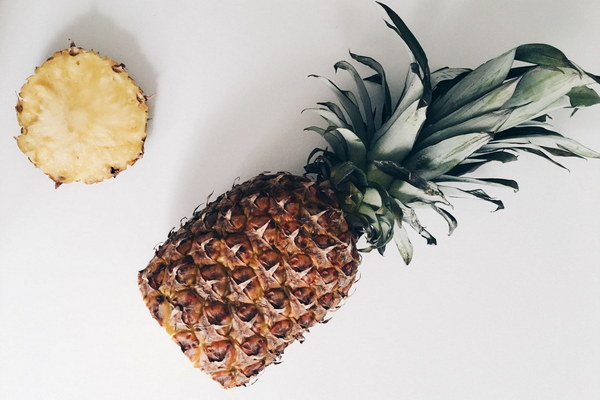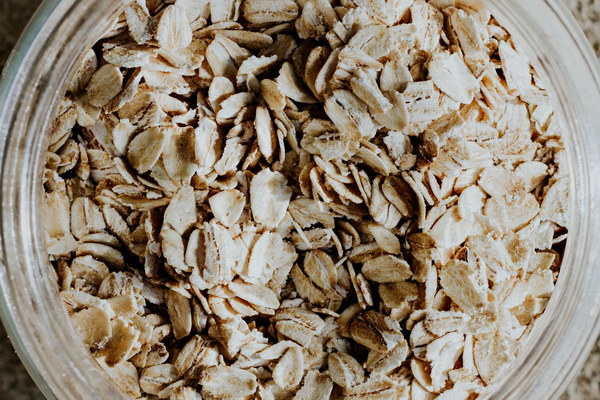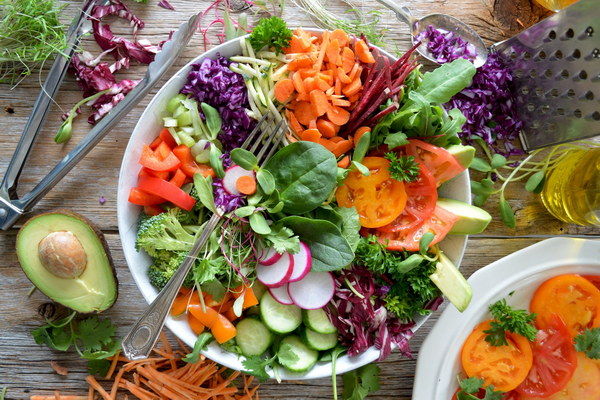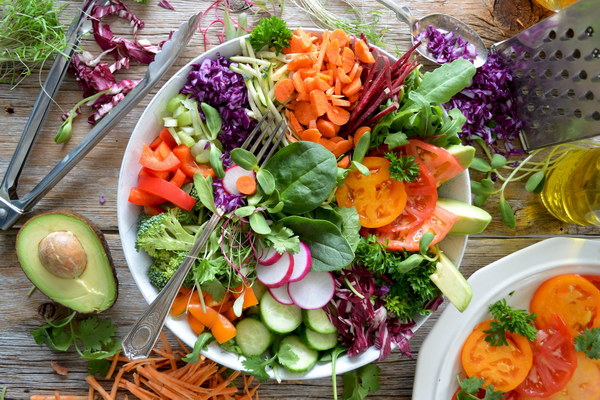Nurturing Liver and Kidney Health During Pregnancy A Nutritional Guide
Pregnancy is a time of significant physical and emotional changes. It is crucial for expectant mothers to maintain a balanced diet that supports the health of both their bodies and their developing baby. One such aspect is the importance of nurturing liver and kidney health during pregnancy. This article will provide valuable insights into the nutritional guidelines that can help you maintain a healthy liver and kidney function throughout your pregnancy journey.
Understanding the Role of Liver and Kidney in Pregnancy
The liver and kidneys play a vital role in maintaining a healthy pregnancy. The liver is responsible for filtering blood, producing bile, and storing vitamins and minerals. It also helps in the metabolism of fats and proteins. On the other hand, the kidneys filter waste products from the blood, regulate fluid balance, and maintain the balance of electrolytes.
During pregnancy, the demand on the liver and kidneys increases as the body works to support the growing fetus. Therefore, it is essential to adopt a diet that supports the optimal function of these vital organs.
Nutritional Guidelines for Liver and Kidney Health During Pregnancy
1. Stay Hydrated: Adequate hydration is crucial for the proper functioning of the kidneys. Drink plenty of water throughout the day to help flush out waste products and maintain electrolyte balance.
2. Consume a Balanced Diet: A well-balanced diet rich in fruits, vegetables, whole grains, lean proteins, and healthy fats is essential for liver and kidney health. Here are some specific food groups to focus on:
- Fruits and Vegetables: These are packed with essential vitamins, minerals, and antioxidants that support liver and kidney function. Aim to consume a variety of colorful fruits and vegetables each day.
- Whole Grains: Whole grains provide fiber, which can help regulate digestion and support kidney health. Include foods like brown rice, whole wheat bread, and oatmeal in your diet.
- Lean Proteins: Lean proteins, such as chicken, turkey, fish, and tofu, are essential for the development of the fetus and for maintaining liver and kidney health. Choose fish high in omega-3 fatty acids, like salmon, to support fetal brain development.
- Healthy Fats: Healthy fats, such as those found in avocados, nuts, and seeds, are important for the absorption of fat-soluble vitamins and the production of bile. These fats also support the health of the placenta and the developing fetus.
3. Limit Certain Foods: Some foods can put additional strain on the liver and kidneys. It is advisable to limit or avoid the following:

- High-Protein Foods: High-protein diets can increase the workload on the kidneys. However, it is important to consume an adequate amount of protein; just ensure that it comes from lean sources.
- High-Sodium Foods: Excessive sodium can lead to water retention and increased workload on the kidneys. Limit the intake of processed and packaged foods, as they are often high in sodium.
- Alcohol: Alcohol can harm both the liver and the fetus. It is best to avoid alcohol entirely during pregnancy.
4. Supplement Wisely: Some supplements can be beneficial for liver and kidney health. Consult with your healthcare provider before taking any supplements, as some may not be safe during pregnancy. Here are a few options:
- Vitamin B12: This vitamin supports liver function and can help prevent neural tube defects in the developing fetus.
- Vitamin D: Adequate vitamin D levels are important for bone health and can help support kidney function.
- Magnesium: This mineral supports kidney function and can help alleviate leg cramps and constipation, common pregnancy symptoms.
Conclusion
Maintaining liver and kidney health during pregnancy is essential for the well-being of both mother and baby. By following the nutritional guidelines outlined in this article, you can ensure that your body receives the necessary nutrients to support optimal organ function. Remember to consult with your healthcare provider for personalized advice and to address any concerns you may have regarding your pregnancy diet.









